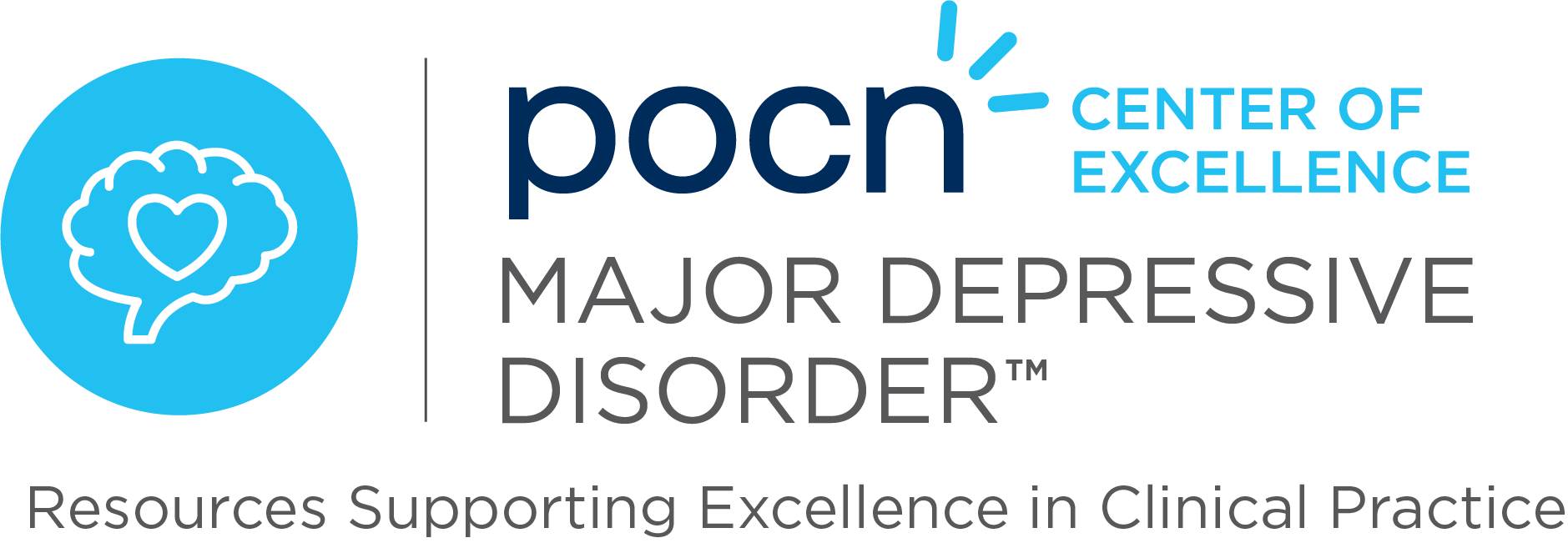Researchers of a review focused on electroconvulsive therapy’s (ECT) efficacy, outcomes, safety, and relapse rates, emphasizing its application in various psychiatric and neurological disorders like catatonia, dementia, schizophrenia, and epilepsy. Although the number of high-quality studies is limited, the consensus points to ECT’s role in improving outcomes in major depressive disorder (MDD), especially when other treatments fail.
The authors note adverse effects are generally mild and transient, with cognitive impairments like memory loss being the most common, and that the treatment is more challenging in elderly patients and those with comorbid conditions like borderline personality disorder. ECT’s demonstrated superiority over other treatments, including antidepressants, in treating severe depression is also highlighted. Its use in conditions like bipolar disorder and Parkinson’s disease has shown promising results. The authors conclude that while ECT is effective and relatively safe, there’s a need for more long-term studies and investigations into relapse prevention, particularly focusing on combining ECT with psychotherapy for enhanced outcomes.
Reference: Trifu S, Sevcenco A, Stănescu M, Drăgoi AM, Cristea MB. Efficacy of electroconvulsive therapy as a potential first-choice treatment in treatment-resistant depression (Review). Exp Ther Med. 2021;22(5):1281. doi: 10.3892/etm.2021.10716.


